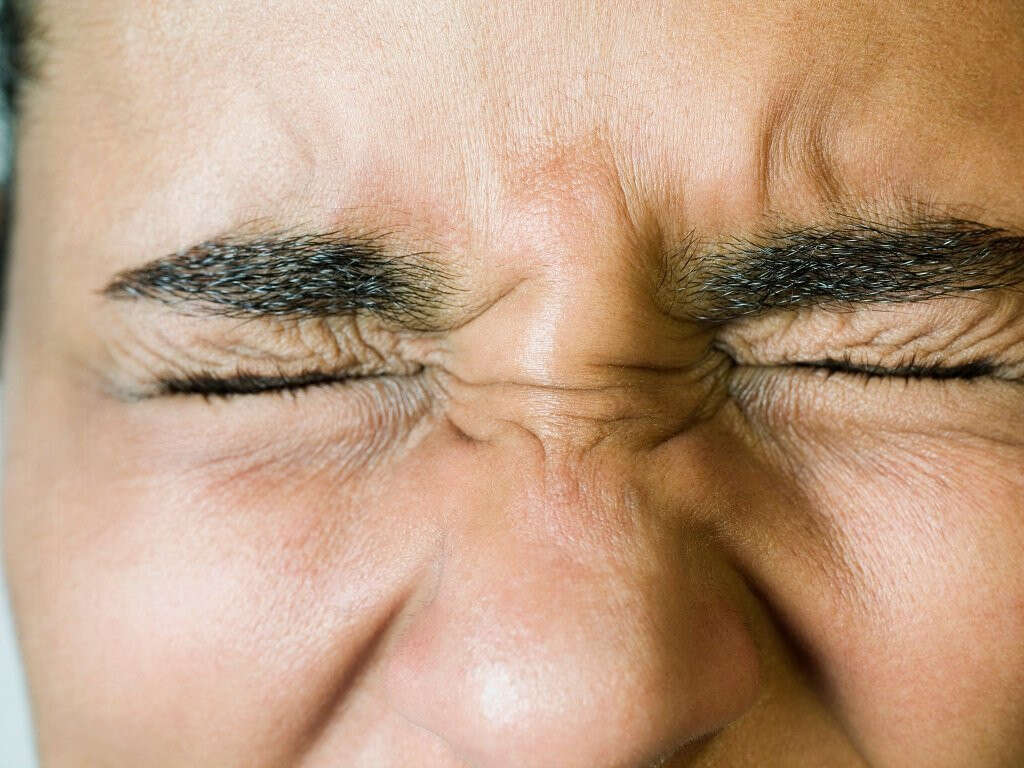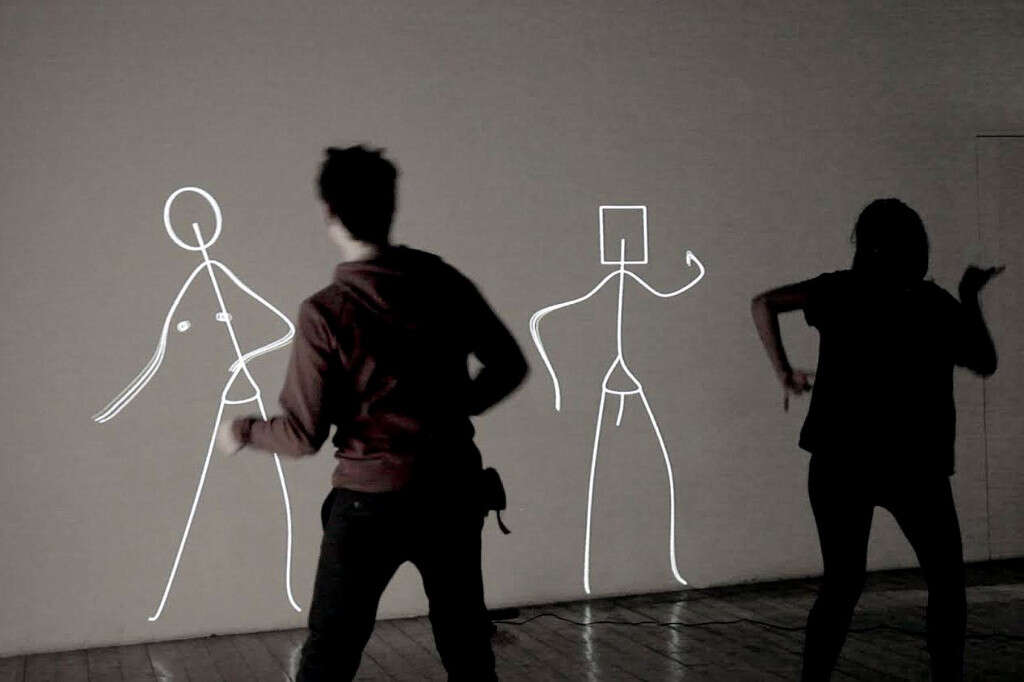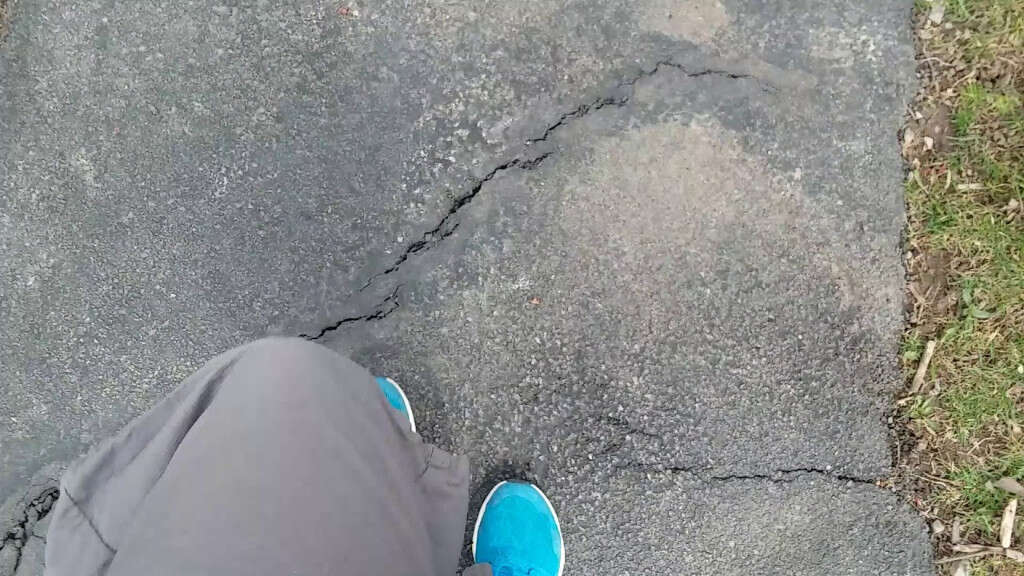10 Tourette's Symptoms
The human brain is the most advanced organ that we know of in the universe. Its complexity is something that we have only just touched the surface of in terms of understanding. As is normal for something so complex, though, there is a lot that can go wrong.
Tourette’s syndrome is a chronic genetic disorder that has its onset in childhood (between 5-10 years of age). Affected people exhibit repetitive movements or vocalizations (tics), that can’t be controlled with ease. These tics may be sudden and intermittent, but they are usually brief. Importantly, the symptoms tend to get worse whenever the patient is under stress (physical or emotional).
Tics can be classified into simple or complex, and motor (movement) or vocal (sound). A simple tic generally involves a small number of muscle groups and it tends to be brief (i.e. repetitive blinking). On the other hand, complex tics involve many muscle groups and consist of coordinated patterns of movement (i.e. smelling objects). Generally, tics can change over time; they can even improve in adulthood. Below are 10 symptoms of Tourette’s syndrome.

Symptom #1: Head Jerking
People with the condition are prone to making jerky body movements out of the blue. This will often be with their heads but can be any other part of the body. Head jerking is considered a simple motor tic, and it can be very common among patients with Tourette syndrome. It is nearly involuntary for most patients; however, some people with this condition can momentarily stop or hold back from expressing the tics.

Symptom #2: Mimicking Movements
Studies have shown that generally mimicking a person’s movements can help in making them feel warmer toward you. That’s not to say you should copy every movement exactly, but their overall stance and gait in general.
People with Tourette’s though, are prone to mimicking any observed movement. This is considered a symptom of the disease and it is classified as a complex motor tic.
It might not be noticeable at first, but when it is noticed the behavior can appear disruptive or attention-seeking. Please note that it a symptom of a disease, as a sneeze is to the flu, and the patient might have little to no control over their movements.

Symptom #3: Touching and Smelling
Our sense of smell is very valuable to us as it gives us very important information about the world around us. The same can be said for our fingers, as they give us a sense of touch that relays vital information back to the brain. Despite this, touching and smelling objects repetitively is not a common behavior in most people.
People with Tourette’s will often have compulsions to touch objects, pick them up, and smell them. This is considered a complex motor tic as well. This can mean picking up inanimate objects to smell them and maybe also personal belongings.

Symptom #4: Hopping
Hopping is often something done by children as a part of certain games. It serves no real purpose, other than maybe allowing us to move if we have a foot/leg unavailable for some reason. It can also be a symptom of Tourette’s, though, as patients can have a compulsion to jump on one foot.
Moreover, hopping is also considered a complex motor tic. Importantly, this, and other similar movements, might even become a risk to the patient’s safety in certain scenarios.

Symptom #5: Obscene Gesturing
When communicating, we will often use physical gestures as much as we do words. Gestures can help to make the context of what we are saying very clearly, and also emphasize the meanings of words and phrases. This can involve the use of facial expressions and other parts of the body to make gestures, and the gestures can occasionally be obscene.
Obscene gestures are usually quite clear in their meaning and should only be used at appropriate times. With no control over their gestures, though, people with Tourette’s are prone to using them indiscriminately. This is considered a symptom of the disease and is classified as a complex motor tic.

Symptom #6: Stepping in Patterns
We don’t usually give much thought to where our feet are when we are walking or standing. The actions are largely unintentional and are there to provide a practical purpose more than anything else. In cases of Tourette’s, the patient’s actions can be far more deliberate and even form patterns.
Patients with Tourette’s will sometimes find it all but impossible to not step in specific patterns. They might develop rituals when it comes to how they are stepping and feel as though those rituals have to be followed. This symptom is also considered a complex motor tic.

Symptom #7: Bending and Twisting
Our bodies are quite flexible at the waist. We are able to bend and twist and this can be very useful when trying to navigate the world we live in. It also allows us to bend down to pick up objects from the ground but, usually, we will remain more or less straight.
Tourette’s disease, though, can cause people to bend and twist for no apparent reason. These actions are another example of what is known as a complex motor tic.

Symptom #8: Repeating Words
Tourette syndrome can cause people to continually repeat the words they are using when speaking. In addition, it can also cause them to repeat words that other people are using.
They will often be aware of what they are about to do, but still not have any power to stop themselves from doing it. These actions are another example of what is known as a complex vocal tic.

Symptom #9: Barking
Our vocal cords are capable of making a wide range of sounds. Not only does this enable us to speak a complex language, but it also allows us to sing, and even impersonate other animals. People with Tourette’s syndrome are prone to making barking sounds, as well as a range of other unusual sounds.
These sounds are often made suddenly and without warning. They can happen in mid-sentence and disrupt the patient’s flow. However, they are more than able to hold conversations even with these occasional interruptions. This symptom is considered a simple vocal tic.

Symptom #10: Profane Words or Phrases
Our language is very complex, and within the language has sprung up various slang words and profanities. While some people will try to avoid these words, others will use them more freely, especially when in certain situations. Regardless, the vast majority of us will avoid using them indiscriminately.
People with Tourette’s will often have outbursts of profanity. These can be general swear words, or it can even be words that are directed at individuals around them. This is considered a complex vocal tic.










